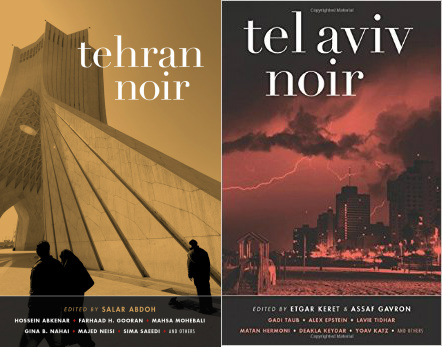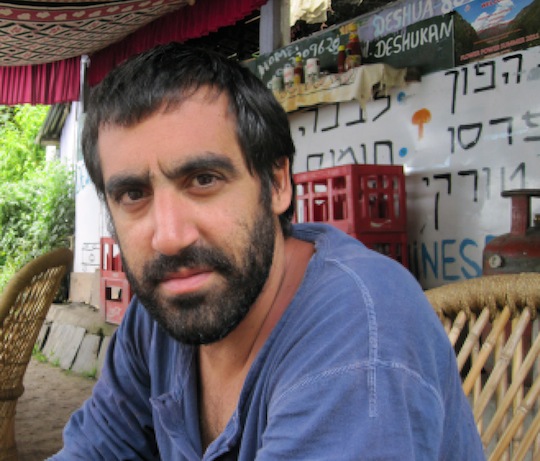By the time Nils Holgersson turned forty-eight, he already lived very far north, in Jokkmokk, the capital of Swedish Lapland, which could only with the utmost pretension be called a capital city, since it was no more than a small, remote village upon which, as Tacitus wrote, the sun never shone in the winter and never set in the summer. He worked as a custodian at the only local high school, which had three classes for each grade and a dormitory so that students who lived as far as 100, 200 or even 1000 kilometers away would have a place to stay. The school menu was standard for Sweden: mashed potatoes with butter and strips of bacon on Mondays, fried fish and potatoes on Tuesdays, pea soup and pancakes with jelly on Wednesdays, tuna salad on a roll on Thursdays, and noodles with ground beef on Fridays, which was the children’s favorite. He knew all this from his wife, Maria, who was the cook in the school where he worked as the custodian.
No children had been born to them. They accepted this as their lot in life and did not ask questions, neither of the doctors nor of their own parents, who were still alive when children remained a possibility. Sometimes Nils would amuse himself with the notion that if he had a son, he would teach him how to hold a hammer, how to drive in screws, and how to chop down trees. Most of the time, however, he did not torture himself with such pointless musings.
He rarely spent time with Maria during work. She would be in the kitchen and he’d be in the schoolyard, which was generally covered in ice, or else he’d be in the classrooms or the bathrooms. They didn’t think it was appropriate to consort as a couple just because they were lucky enough to share a workplace. If by chance they passed each other in the hallway, they would mumble feeble greetings and continue on their way. In the evenings, when they met at their home adjacent to the schoolyard, they did not engage in long conversations: Hi. Hi, do you want to eat? Yes, thanks. Beer? Yes, please. Can you turn up the volume on the television? Thanks. They would doze on and off until midnight, each in an armchair, and then go to sleep in their bed, which was neither particularly big nor particularly small, but in any case no act of love had been committed there in quite some time.
One particular morning Maria burst into the school storeroom which served as Nils’ office and said to him breathlessly, “Did you hear? Princess Victoria is getting married in two months and her wedding procession will pass through all of Stockholm. We have to be there. She’ll be so disappointed if we don’t go. And I want to bring her a present, something that will remind her of that day in the forest, you remember, right?” READ MORE…





